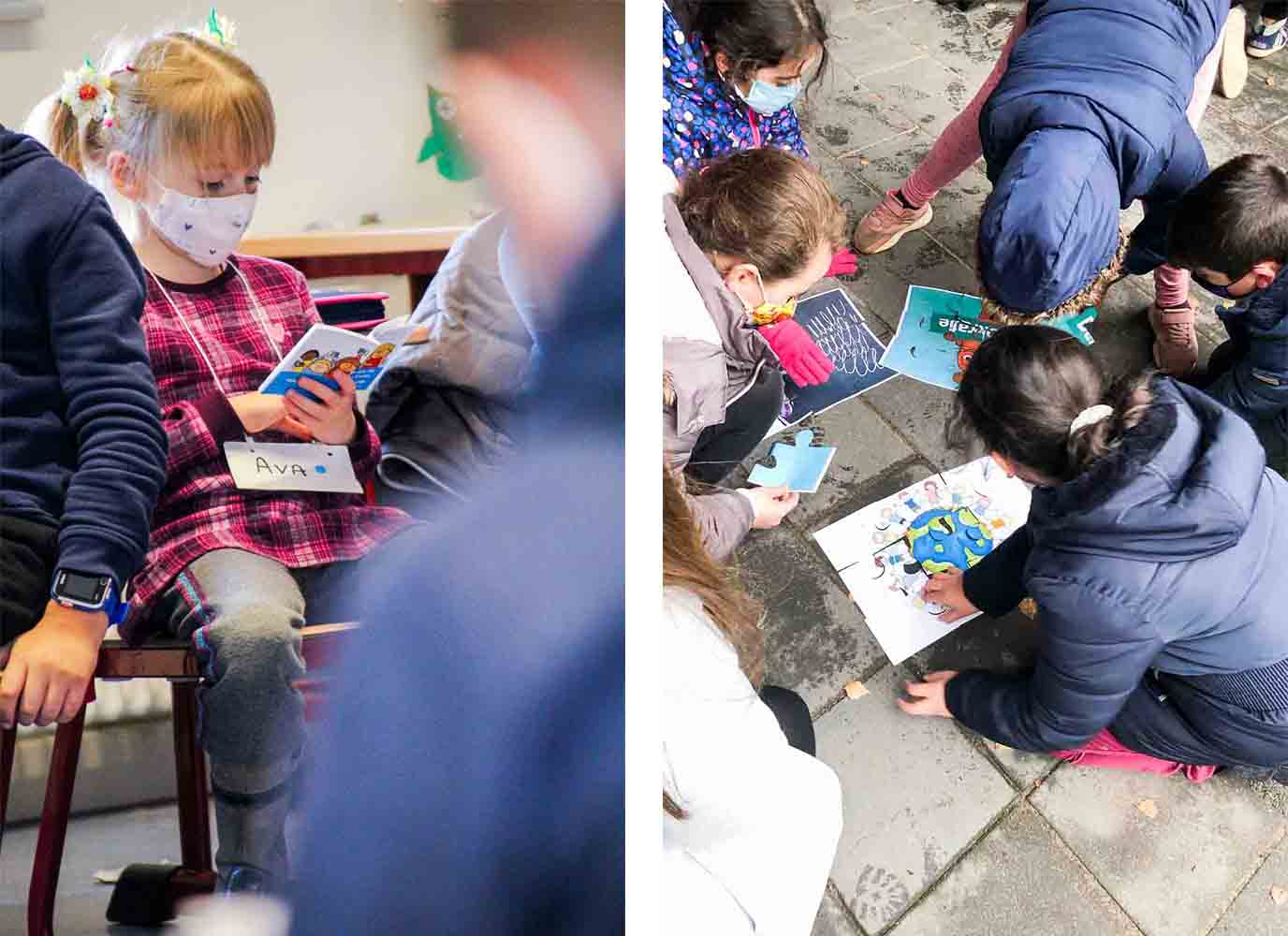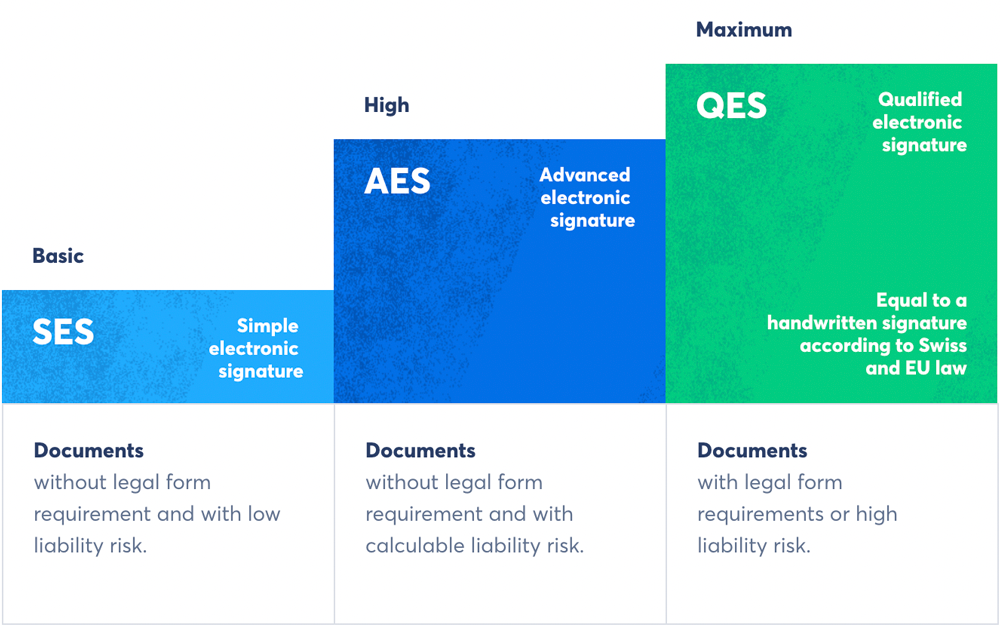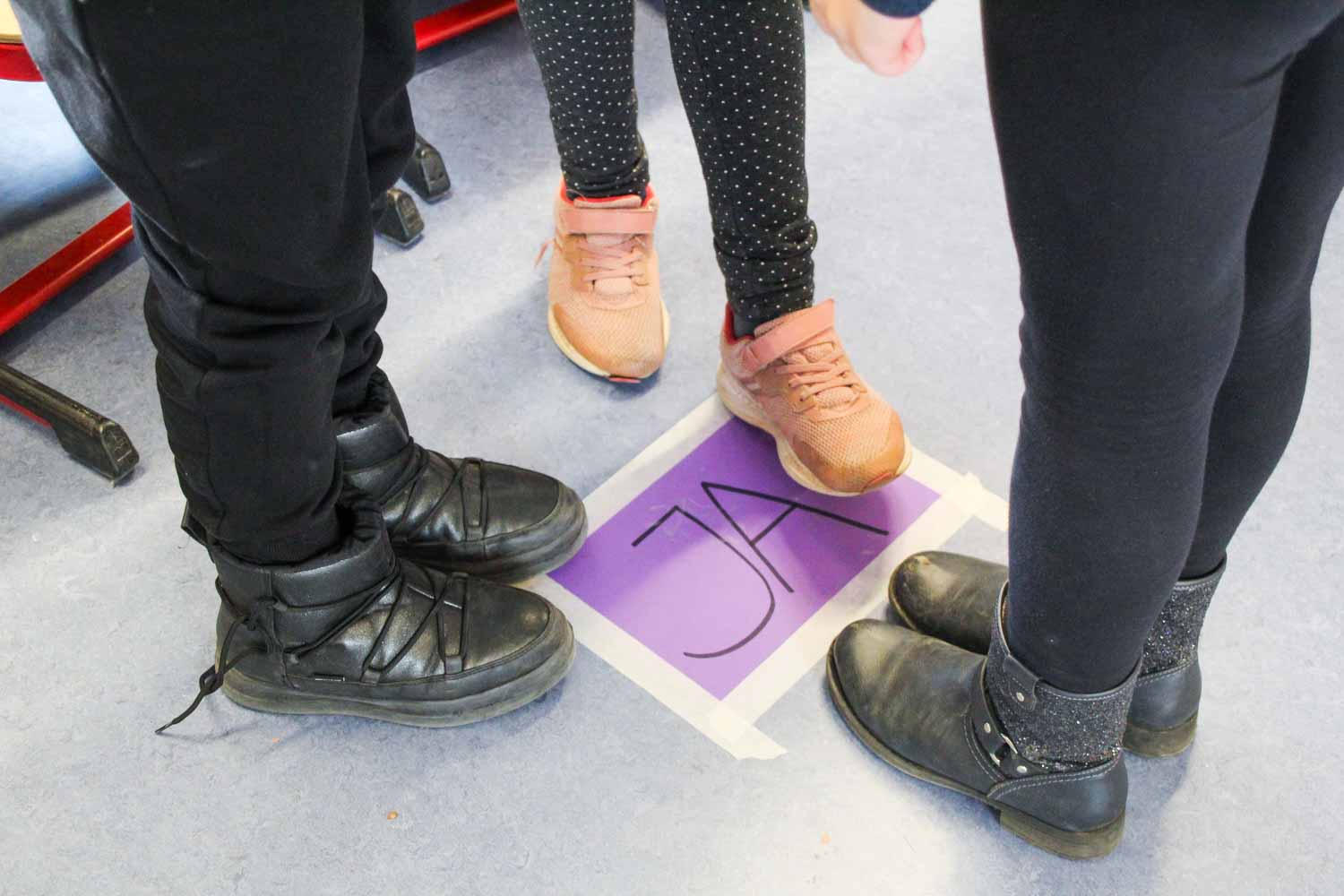Minutes, not days: how the KinderRechteForum is speeding up international contract signing with e-signatures [Interview with managing director]

NGOs are reliant on lean administration. Every euro not invested in the actual cause is a euro lost. A legally valid electronic signature can be a boon – it digitalises a complex contract system and makes it more affordable. The KinderRechteForum (KRF) has experienced this for itself. Managing director Üwen Ergün tells us in an interview why the KRF chose Skribble and about its experience with digital signing so far.
Mr Ergün, thank you so much for taking the time to speak with us today. How would you personally describe what the KRF stands for?
The KinderRechteForum (KRF) or Children's Rights Forum is a non-profit organisation based in Cologne. It has been an advocate of the rights of children since 2014. Individual aid, lobbying and awareness raising are the three fundamental pillars of our work.
Through our Germany-wide ombudsman's office for implementing the UN Convention on the Rights of the Child, the KRF helps children, young people, families and caregivers to get answers to questions, lodge complaints and handle emergencies. We also participate in national, European, and international committees and networks and carry out cross-border projects.
What made you switch to using electronic signatures?
Digitalising processes to increase efficiency is a hot topic among NGOs. We sign a handful of contracts with donors, new employees and partners every day – often international contracts with signatories who are working from home.
Sending things back and forth by mail costs us valuable money and time that we can ill afford to lose. After all, every cent is best spent to help the children. So for quite a while, we'd been looking around for a suitable digital solution.

Did you also look at other providers and, if so, what made you opt for Skribble?
I did a detailed analysis of existing providers on the market. From our point of view, the most important requirements were international legal certainty in the EU area and cost-effectiveness.
I realised fairly quickly that there are hardly any alternatives to Skribble. The big providers, DocuSign and Adobe, were overpriced and the legal basis was too uncertain. Since we mostly use qualified electronic signatures (QES), if we'd chosen one of those providers we'd have needed to bring in and link up an electronic trust service provider as well. That wasn't an option for us. Skribble offered us everything in one place and at the best price too. It was really a no-brainer for us.

You said you mostly use QES. What kinds of contracts do you use them for?
First there are the funding contracts we sign with donors and agencies and then there are contracts with our on-site partners for our projects. An example would be our partner project creating ways to file complaints in Turkey. In the past, these contracts always had to be printed out in duplicate and sent out to be countersigned. This is a nightmare for international projects and it's led to huge delays in the past. With Skribble, we save valuable time, not to mention paper and postage costs.

Are there other situations where digital signatures make your life easier?
Since we started using Skribble, we sign and send all our employment contracts in electronic form only. As we employ volunteers and interns as well as conventional employees and we regulate those relationships contractually, Skribble saves us a lot of administrative HR work.
More than once, interns have even changed their mind at the last minute and not returned the paper contract without informing us. Of course, we didn't notice this right away and were surprised when they didn't turn up on the agreed first day of work.
Skribble saves us that kind of trouble. Digital employment contracts can be countersigned within minutes and you can check at any time which signatures have been provided and which are still needed.

The QES is the highest e-signature standard and has maximum legal weight, but it requires a one-off identity check of the signers with an official ID. How do you handle this with external partners and new employees who are signing for the first time and haven't passed the identity check yet?
Skribble offers identification via video for the EU area, so anyone's identity can be checked conveniently from home.
We send external partners brief instructions by e-mail and explain what they have to do and how they need to identify themselves, so they aren't taken completely by surprise. For the most part, it's worked flawlessly so far and the feedback is very positive. Fortunately, Skribble is so intuitive that we rarely get any questions.
This is fantastic feedback, but how could Skribble be even better?
Interacting with government bodies can sometimes be a bit difficult on the IT infrastructure side, since they make very limited use of applications – but that's not the fault of Skribble.
For international contracts, it hasn't always been clear to me what language Skribble uses to communicate with the countersigner. If I sign a document in German, my counterpart (who doesn't have a Skribble account yet) also receives an invitation to sign in German and has to change the language first. But that's really just a minor detail.
Many thanks to Mr Ergün for this insightful interview!


